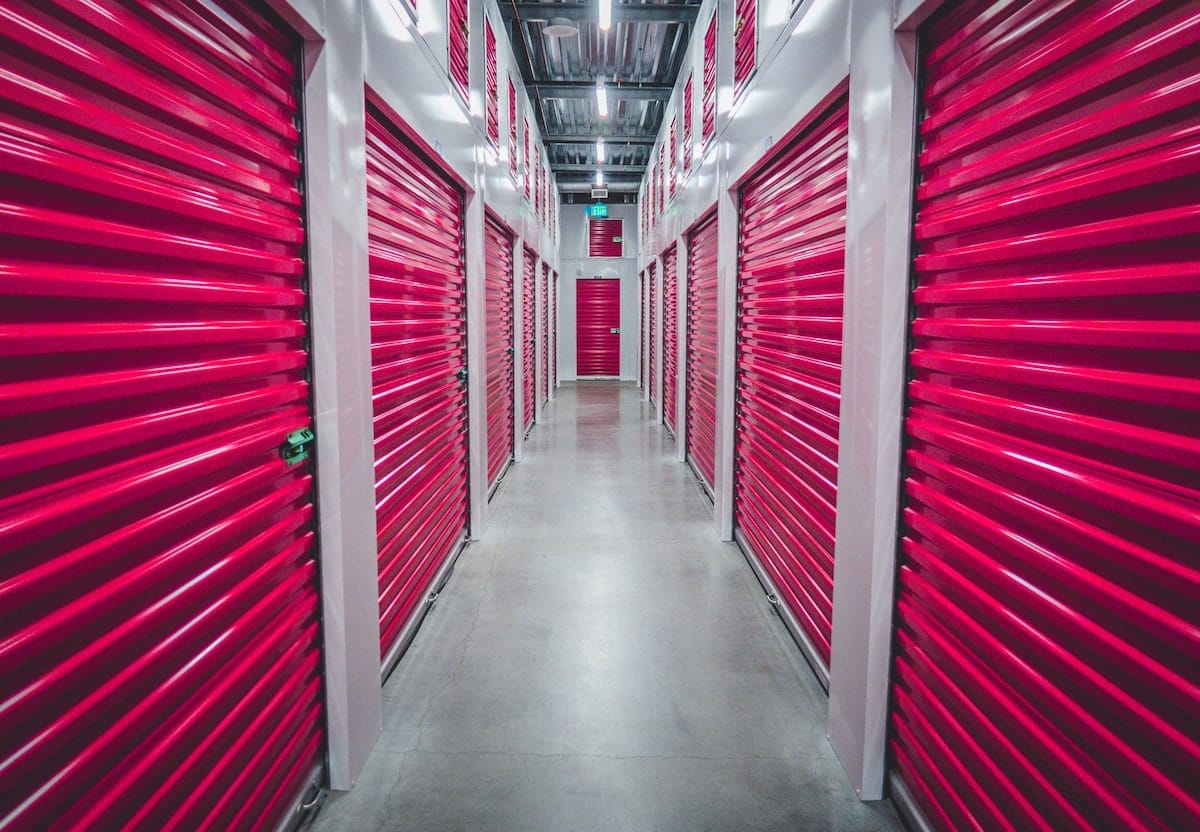Renting a storage unit is the best and most convenient way of keeping your property during renovation, when relocating, or traveling for a long period. They are also an excellent solution for homeowners who don’t have enough space in their homes or simply want to declutter without disposing of their valuables. Regardless of the reasons for renting the storage unit, knowing the following tips can ease this process.
1. Choose Between Full Service and Self-storage Unit
The best place to begin is by understanding how these two types of storage units differ. Self-storage units are the most popular, affordable, and secure units that come in plenty of sizes. They are also available countrywide and can store various items, including personal belongings like boats, travel campers, and cars.
However, as the name suggests, you should find a perfectly sized self-storage unit and move items by yourself while adhering to facility rules. You will also remove your stored items once your time is due. On the other hand, full-service storage units are rare, quite pricey, and slightly differ from self-storages.
Full-service storage unit providers pick and deliver your items to/from the storage facility. While this provides unmatched convenience, the cost of full-service units is prohibitive.
2. Key Features of the Storage Unit
You should evaluate various key features of the storage unit before renting it out. Among them include:
- Security – the unit should have satisfactory security measures to keep your items safe. This includes security gates, in-person surveillance, locks, and video monitoring capabilities.
- Location – ensure that the facility is positioned in a convenient place. However, this depends on how frequently you’ll be accessing the unit.
- Accessibility – storage facility service providers should allow 24/7 access to the storage unit, including on weekends.
- Reviews – unlike before, reviews play a significant role in making purchase decisions. Check online reviews and feedback from previous customers. Are there robbery reports, poor customer service, or other red flags that make the unit unsuitable?
- Price – choose a unit that gives you value for your money. Check and take advantage of special discounts.
3. The Available Size Variations
Storage units are available in different sizes. You should make size decisions based on the number of items you want to store in the unit. Below are the common storage unit sizes available:
- 5 x 5 units – can fit small mattresses, medium-sized boxes, and other compact items.
- 5 x 10 units – can fit content of mid-sized bedrooms.
- 5 x 15 units – are the size of large walk-in closets.
- 10 x 10 units – are the most popular storage units.
You should consider 10 x 15, 10 x 20, and 10 x 30 units if you have a lot of items to store.
4. Factors that Influence the Cost of Storage Units
Leasing storage units cost between $100 and $300 monthly depending on:
- Size of the unit
- Availability
- Duration of the lease
- Location of the unit
- Climate control and other advanced features
5. How to Save Space in the Storage Unit
You should also learn how to save space in your leased unit. Efficient packing may reduce the cost of having to lease big storage space. General space-saving tips for storage units include:
- Disassemble large and bulky items
- Stack several items
- Keep other items in the wardrobe and dressers to maximize space
6. What Can and Can’t Be Stored in the Storage Unit
While storage units can be used to store personal items, such as furniture, clothing, and household appliances, you should be wary of what can’t be kept in the unit. Most storage units restrict the storage of various items, including:
- Flammable or combustible materials
- Living things – plants, animals, and humans
- Scented items
- Foot items that can attract bugs
- Weapons and explosives
7. Decide If You Need a Climate-controlled Unit
Your considerations for leasing a climate-controlled unit should be based on what you intend to keep in the storage unit. While these units cost more, they are crucial for storing furniture, clothing, documents, and other items that can easily be destroyed by high humidity, heat, and mold/mildew growth.
Climate-controlled storage units maintain temperature ranges of 55 to 80 degrees, making them a good choice for those living in areas with extreme temperatures and humidity. Since not all storage units offer this feature, you should inquire in advance.
8. What Should Be Included in the Rental Agreement
First-timers should also know the important details to include in a rental agreement. While rental contracts or lease agreements for storage units share several similarities, some differ based on what you intend to store. Generally, a lease agreement should include the following:
- Unit description
- Length of lease
- Amount of rent and payment due date
- Amount of security deposit
- Accepted methods of payment – credit card, online, checks
- Non-payment terms – when payments are considered late, late fees charged, and penalties for not paying rent
- Landlord and tenant rights and responsibilities
- What can and can’t be stored
- Move-in and move-out process
The Bottom Line
There is a lot to know before renting a storage unit. Apart from the mentioned considerations, you should decide if you need the unit for short-term or long-term storage. Evaluating these considerations will help you find the best storage unit service providers.


